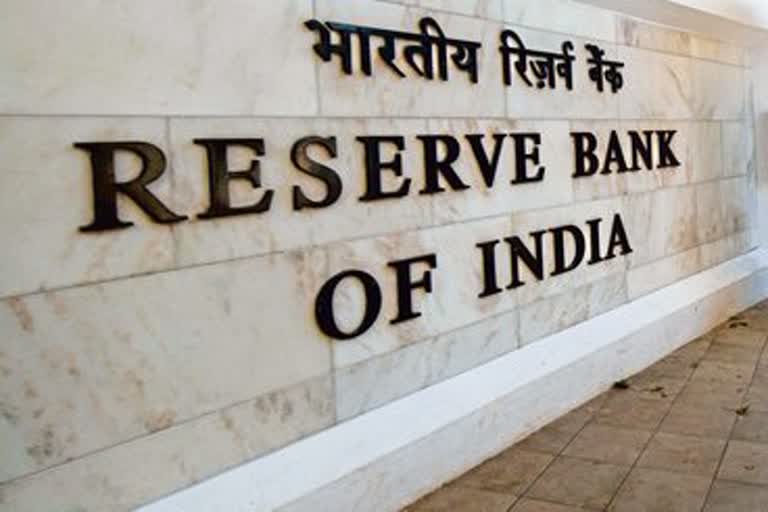New Delhi: The Reserve Bank of India on Friday unveiled the five year (2019-24) National Strategy for Financial Inclusion to include all, particularly the poor and underprivileged class, under formal access to finance - a key goal of the government.
Currently, the Pradhan Mantri Jan Dhan Yojana (PMJDY) is the government's financial inclusion programme, applicable to the 10 to 65 years age group, and aiming to expand and make affordable access to financial services such as bank accounts, remittances, credit, insurance and pensions.
Financial inclusion is increasingly being recognised as a key driver of economic growth and poverty alleviation world over. Access to formal finance can boost job creation, reduce vulnerability to economic shocks and increase investments in human capital. Seven of the United Nations Sustainable Development Goals (SDG) of 2030 view financial inclusion as a key enabler for achieving sustainable development worldwide.
Read more:RBI's liking for yellow metal rising
To achieve the above objectives in a coordinated and time-bound manner, preparation of a National Strategy for Financial Inclusion (NSFI) is essential, the RBI said.
Globally, the adoption of National Financial Inclusion Strategies (NFIS) have accelerated significantly in the past decade, it noted.A
"Keeping in view the global trend, the Reserve Bank of India under the aegis of Financial Inclusion Advisory Committee (FIAC) initiated the process of formulation of National Strategy for Financial Inclusion (NSFI) for the period 2019-2024. Wide ranging discussions were held with all stakeholders. Based on the inputs/feedback received, NSFI has been finalised and approved by the Financial Stability Development Council (FSDC)," it said.
The document was formally released by RBI Deputy Governor M.K. Jain at the High Level Meeting on Financial Inclusion for the North East region convened at Agartala on Friday. The NSFI sets forth the vision and key objectives of the Financial Inclusion policies in India to expand the reach and sustain the efforts through a broad convergence of action involving all the stakeholders in the financial sector, the RBI said.
RBI tweaks norms for penalty on payment system operators
RBI also tweaked the norms for imposing penalties on payment system operators for not complying with regulatory requirements, with a view to ensure safety and security to various stakeholders, including customers.
"To ensure that the payment systems are safe and secure and the various stakeholders conform to regulatory requirements, on review it has been decided to revise the process of levy of penalty on payment system operators by the Reserve Bank of India," the RBI said while issuing the revised framework.
The amount of monetary penalty would vary depending on the impact on account of various factors.
"The amount of monetary penalty for a contravention shall not exceed Rs 5 lakh or double the amount of contravention, whichever is higher, where such amount is quantifiable," it said.
For non-quantifiable contravention, the maximum penalty shall be Rs 5 lakh per contravention.



